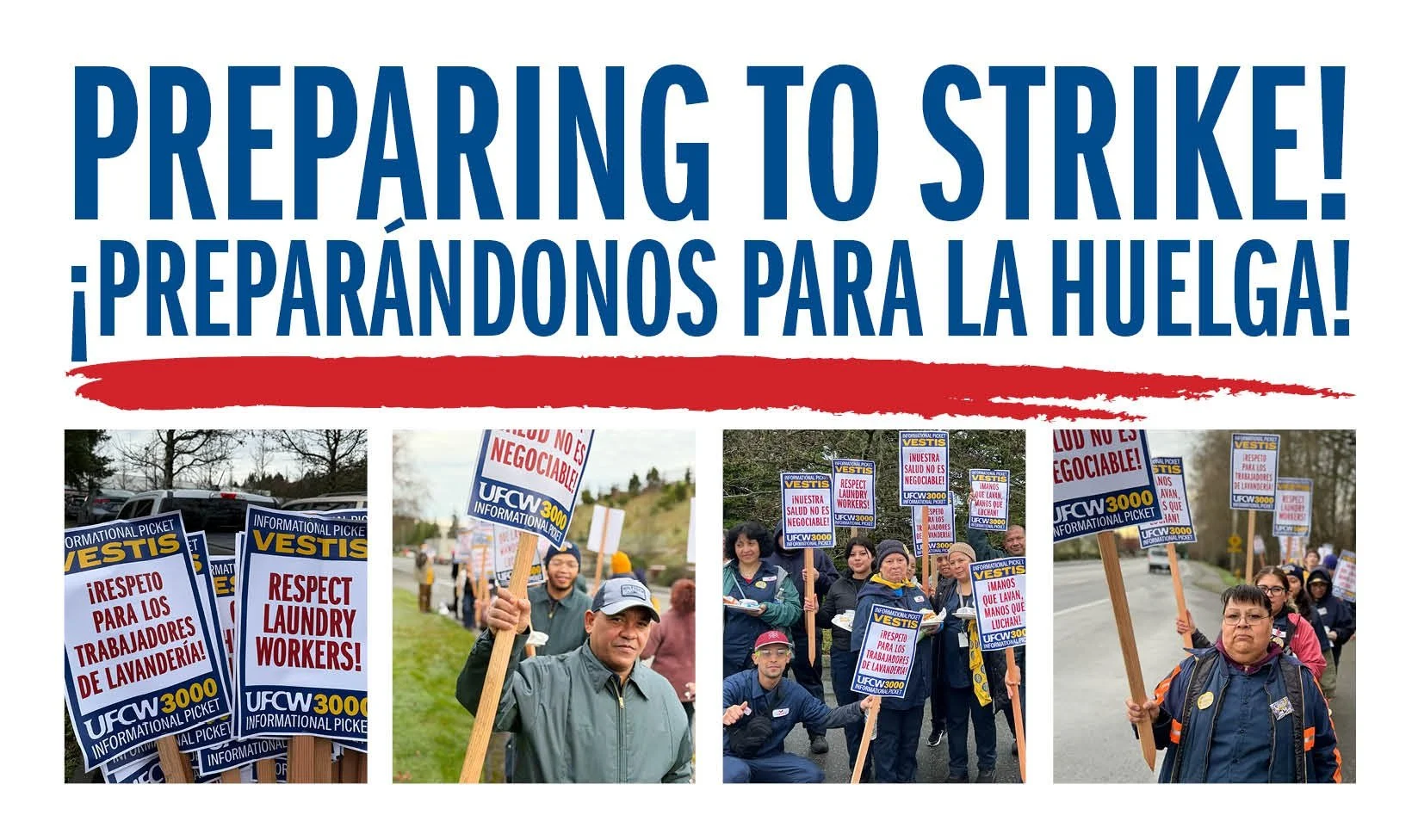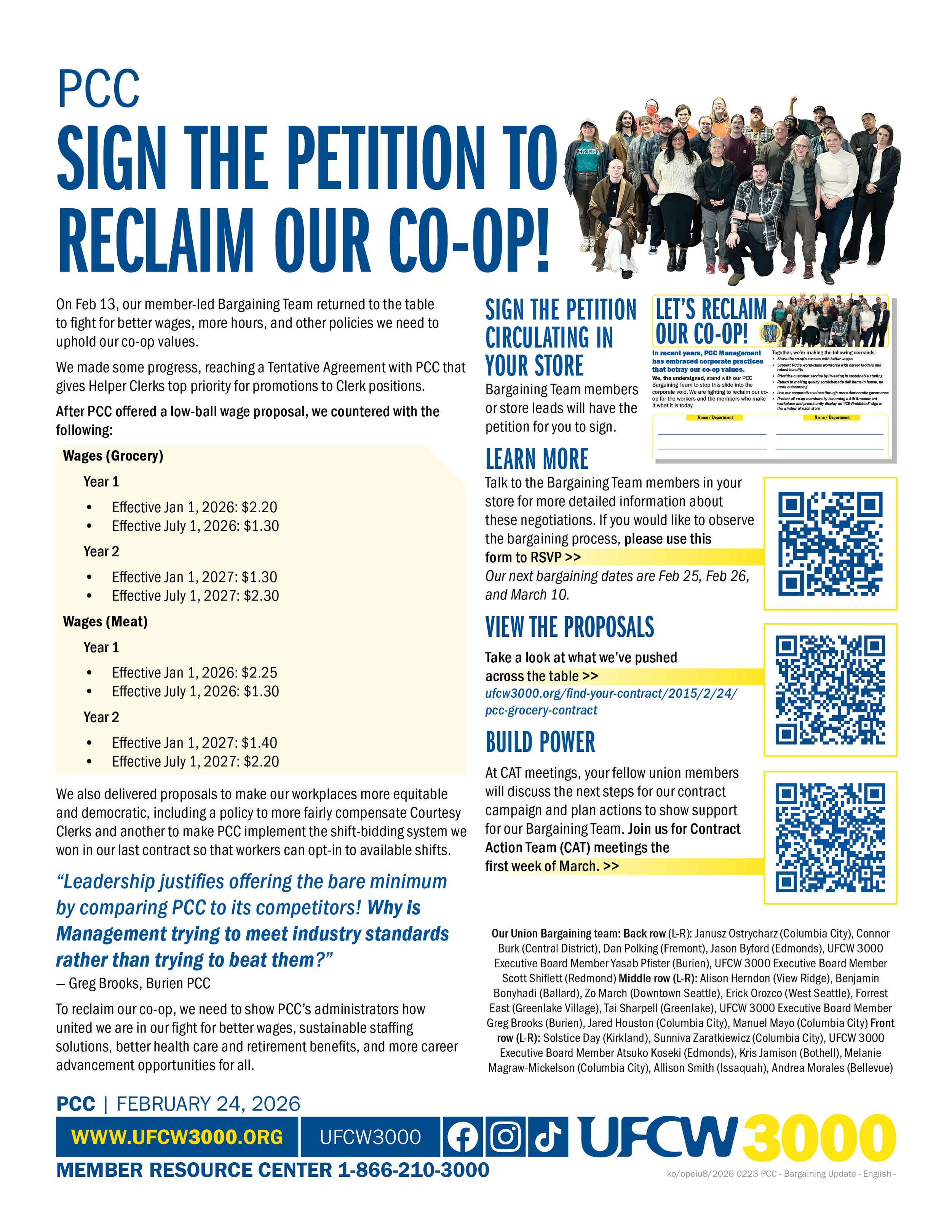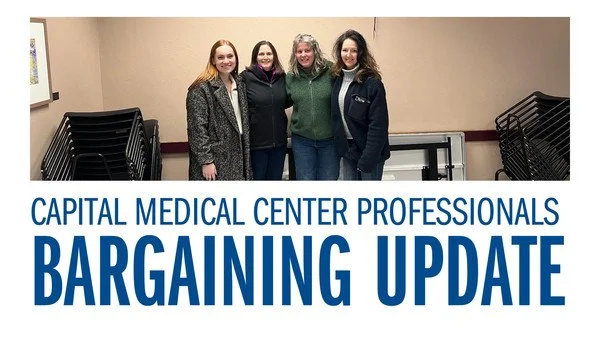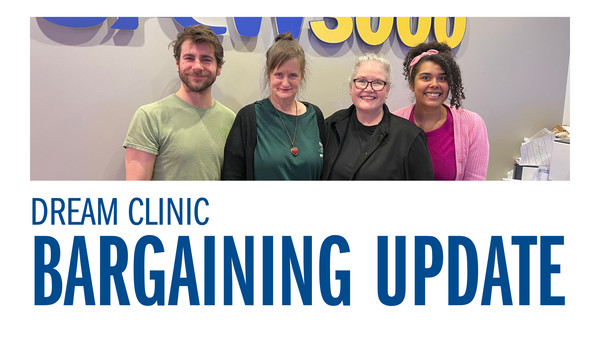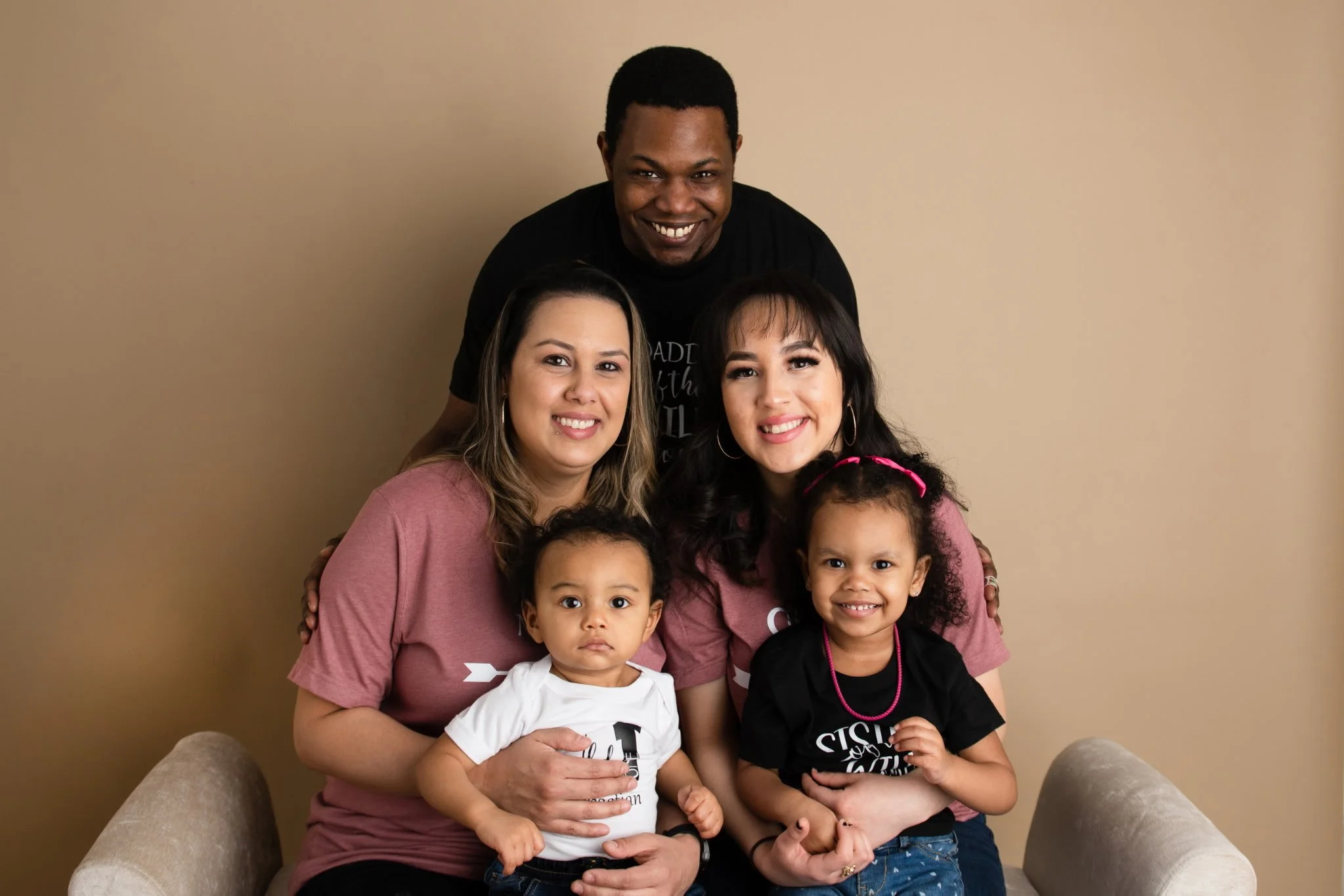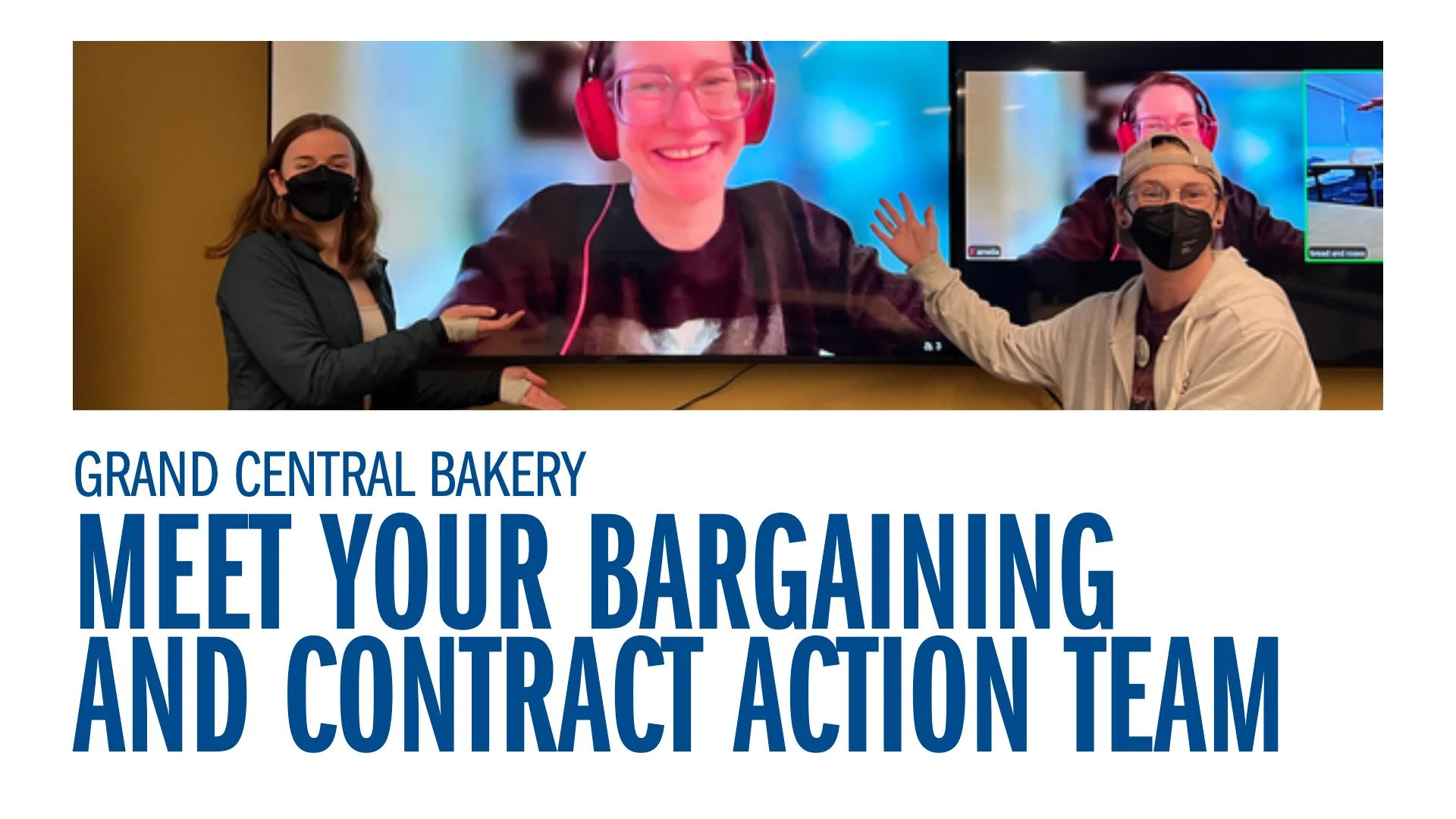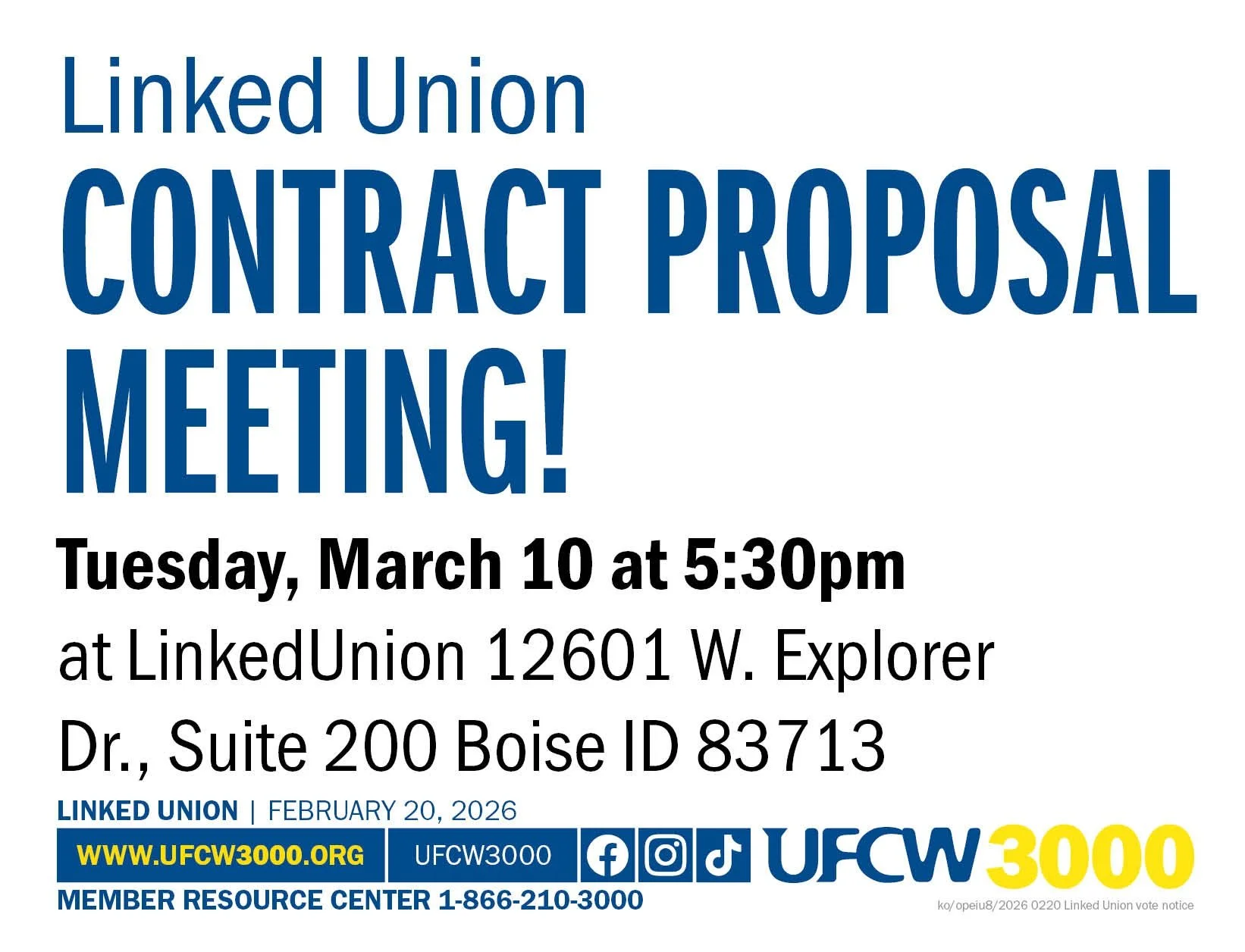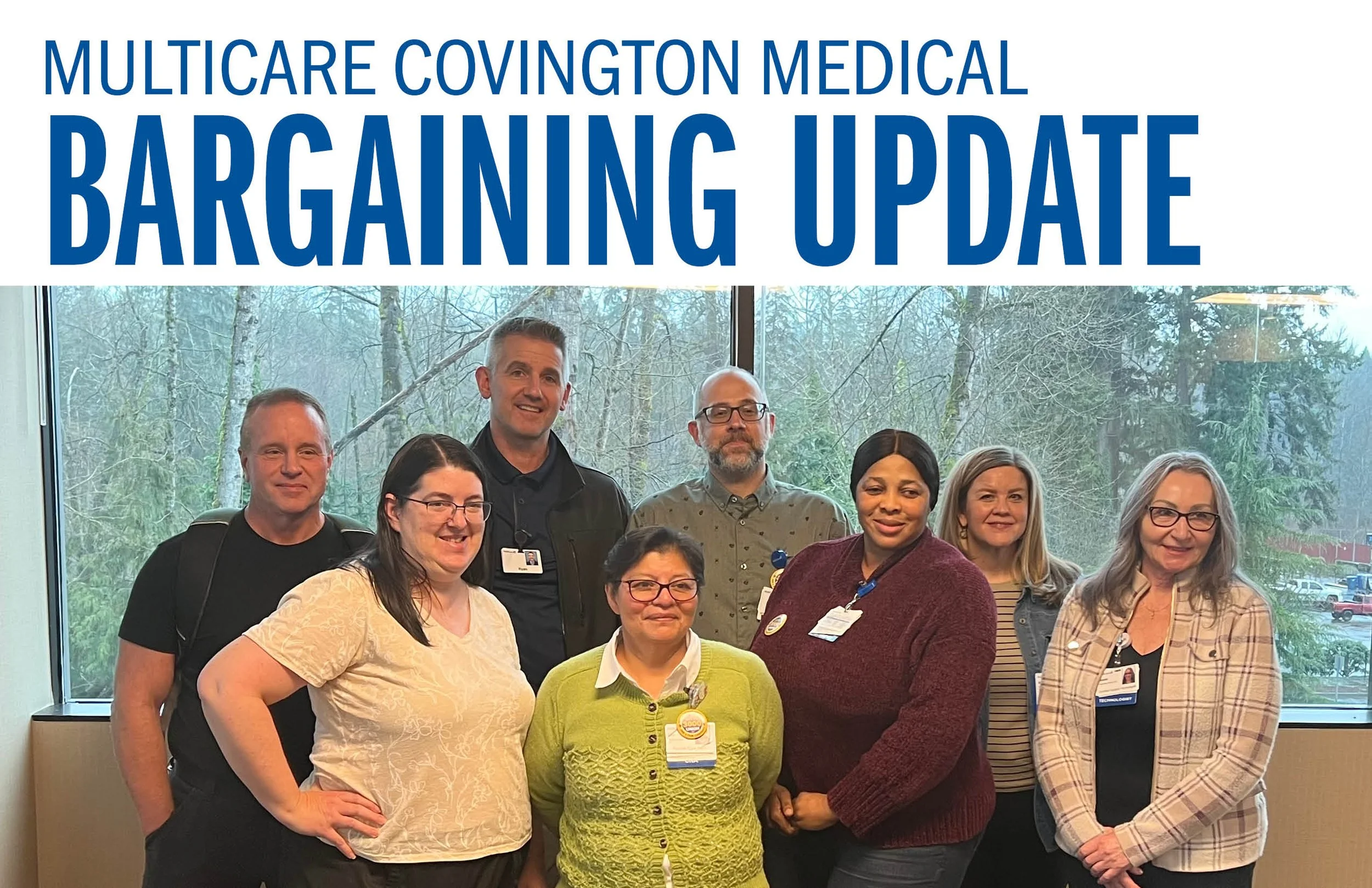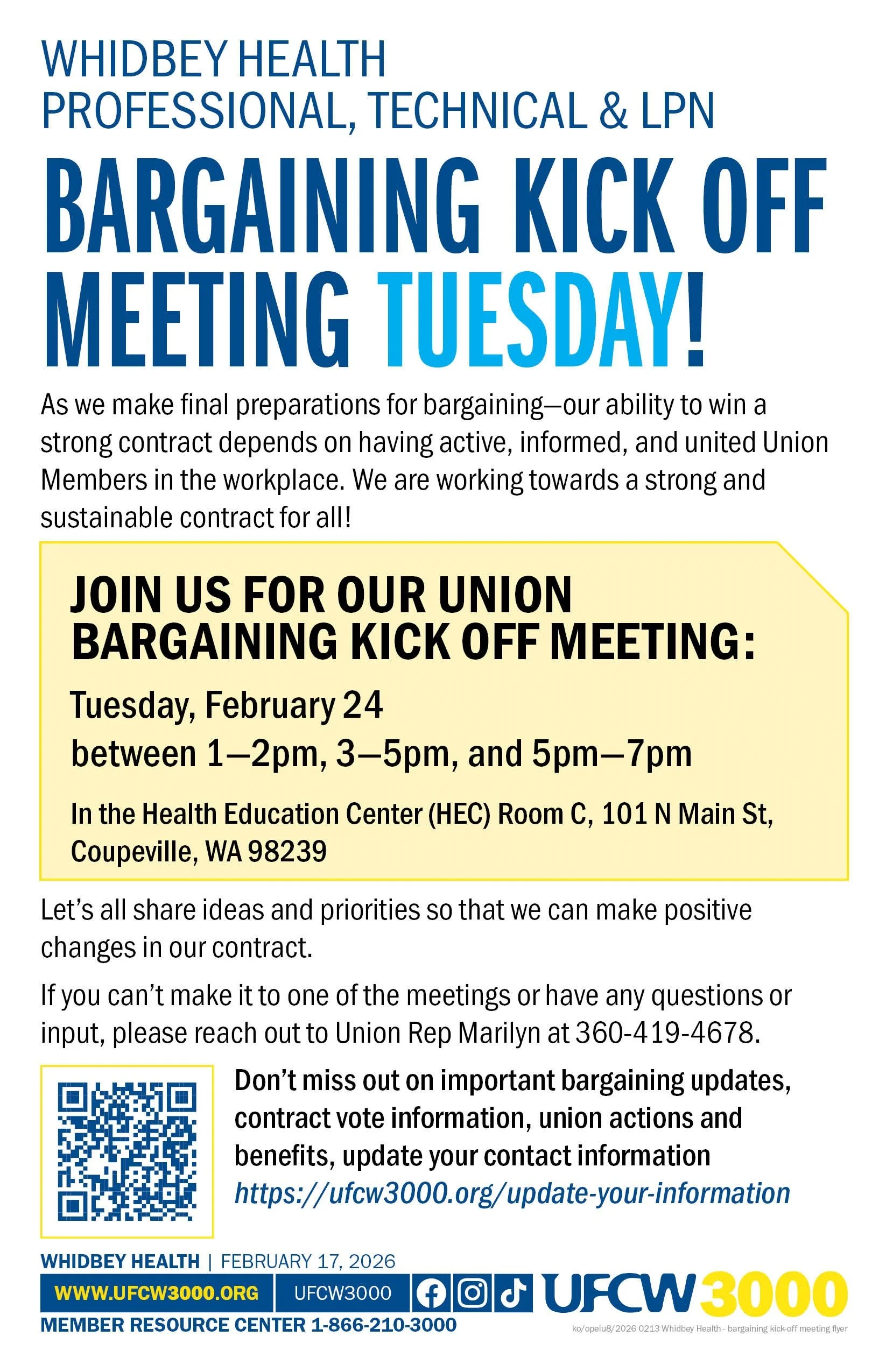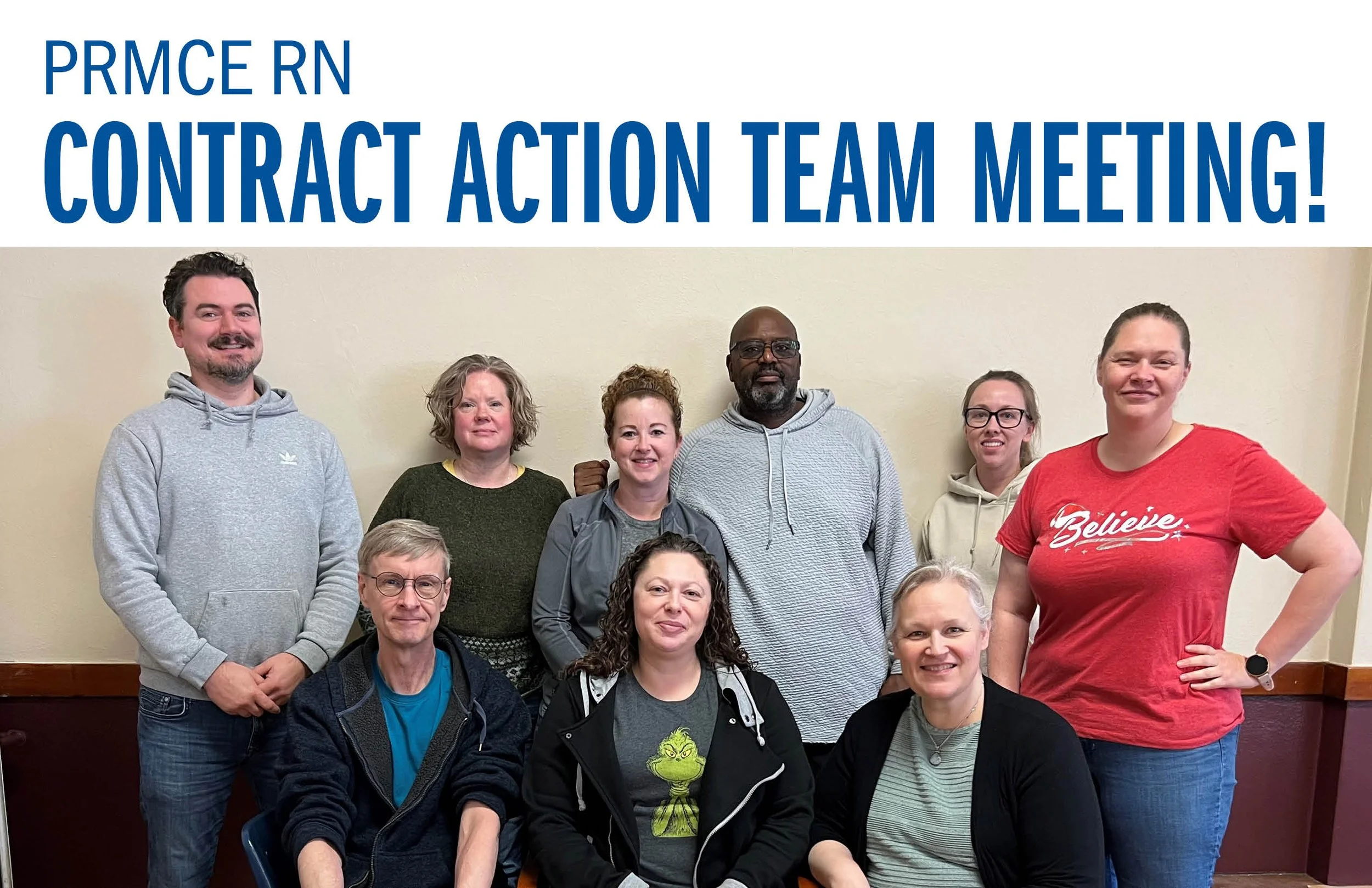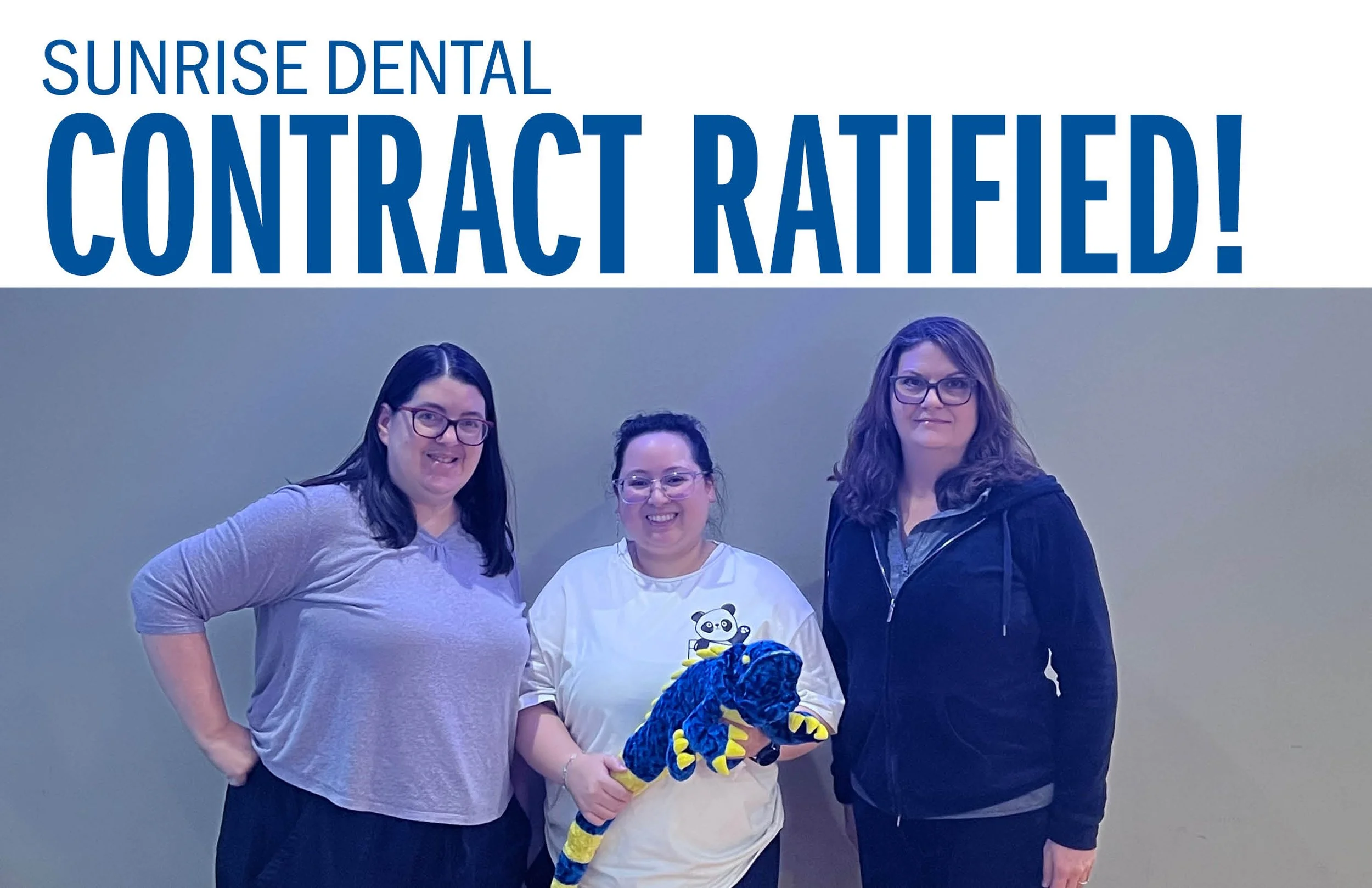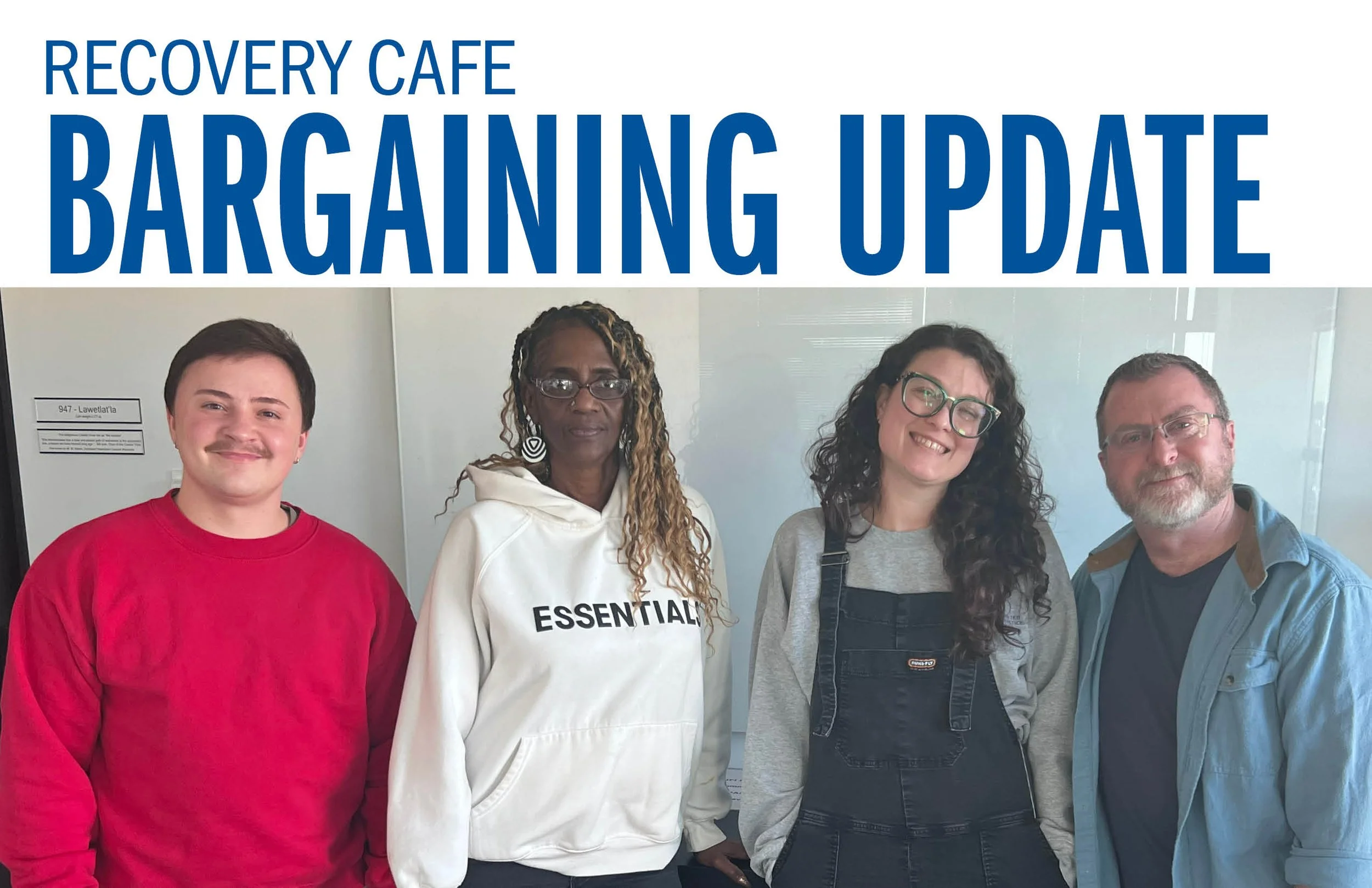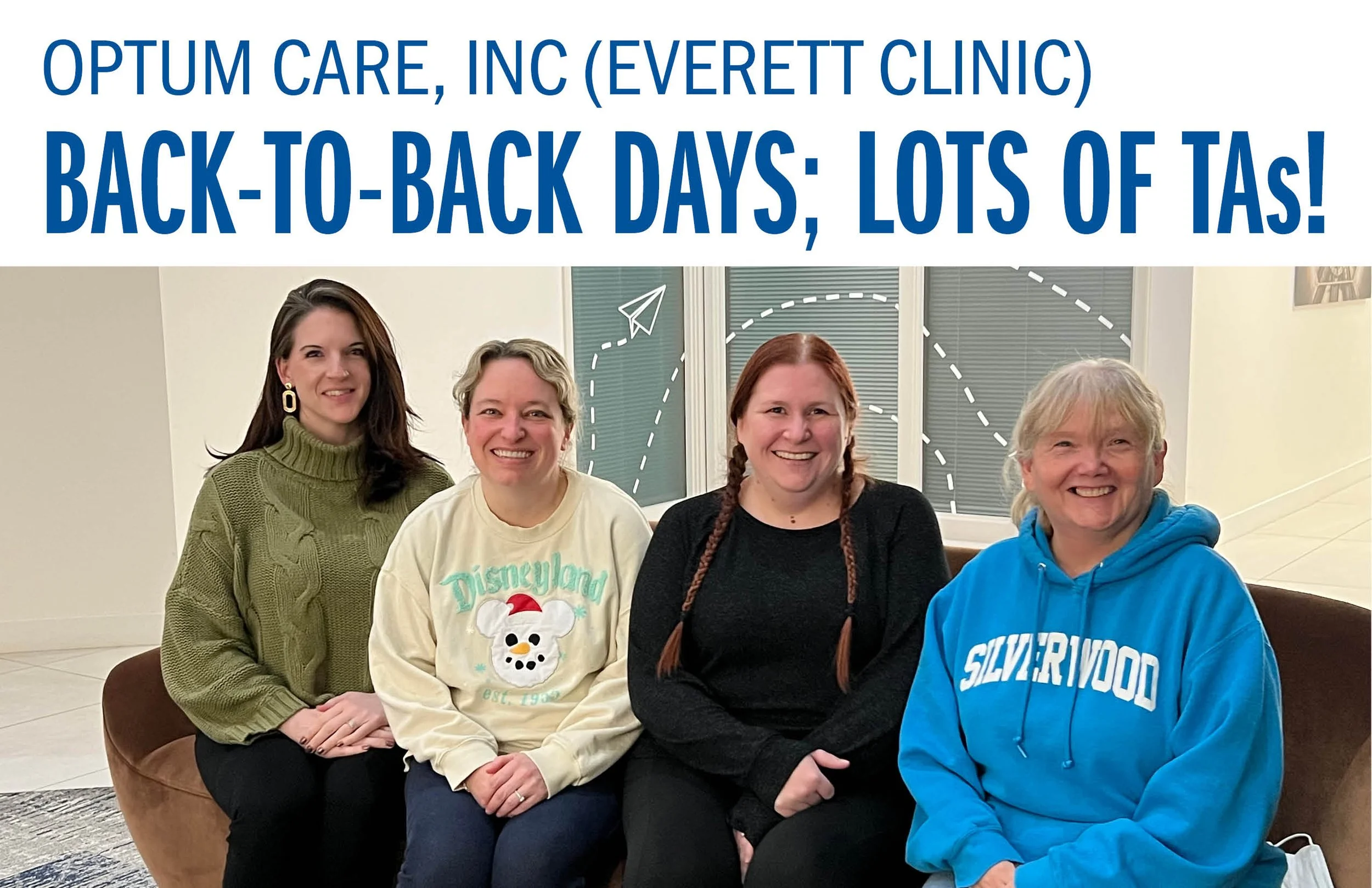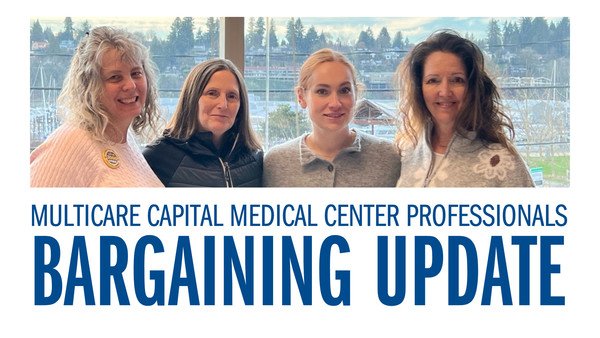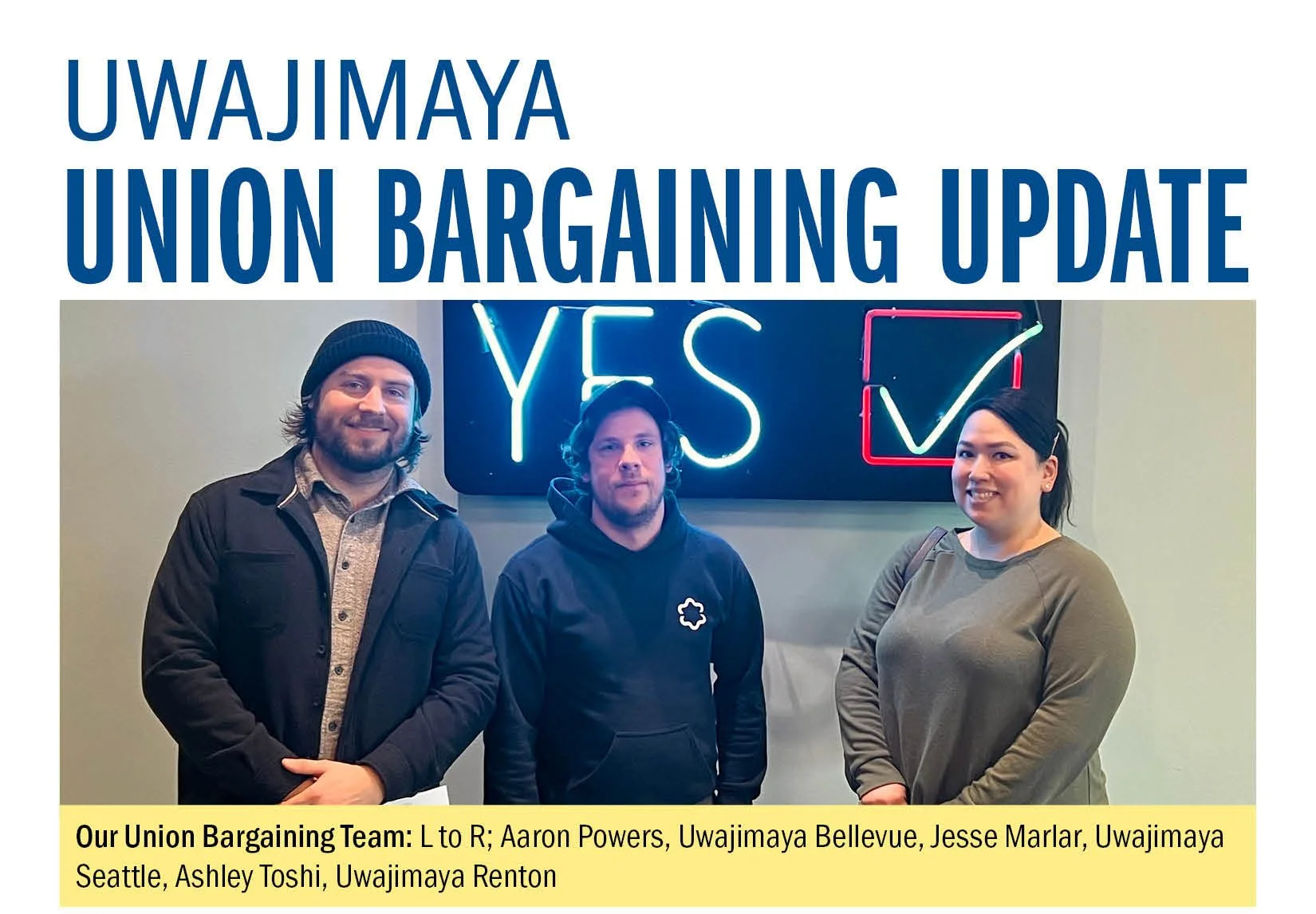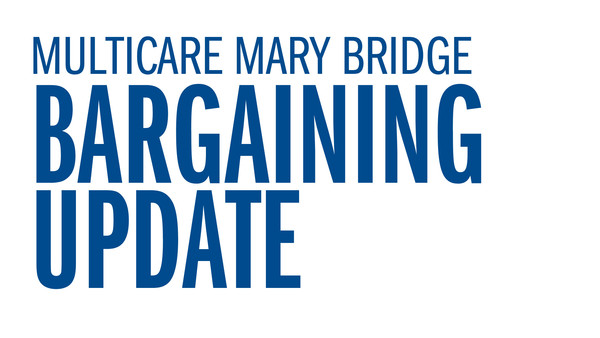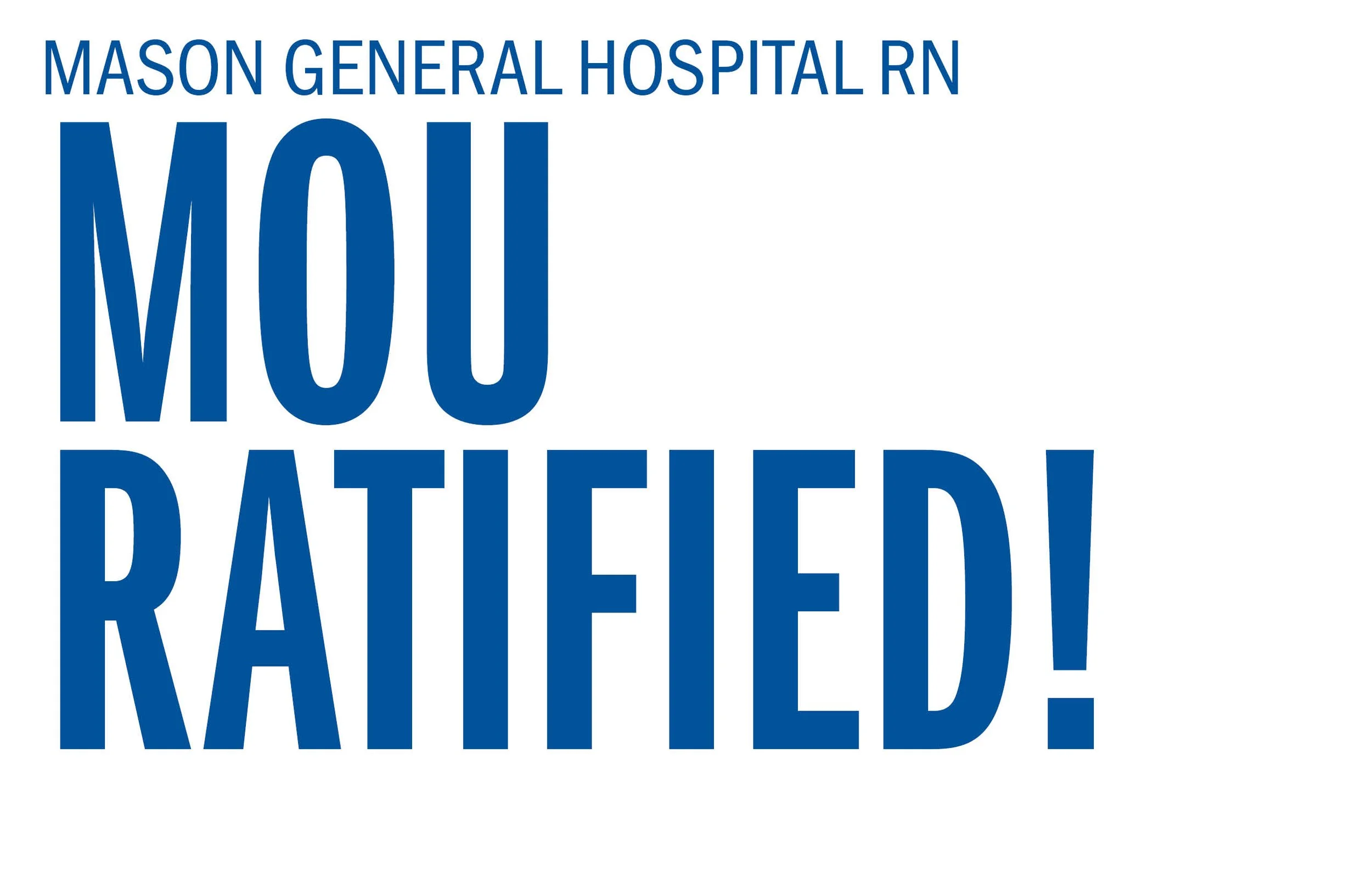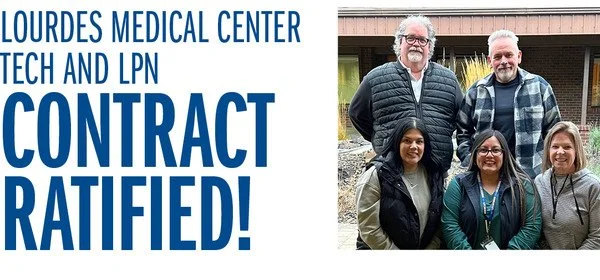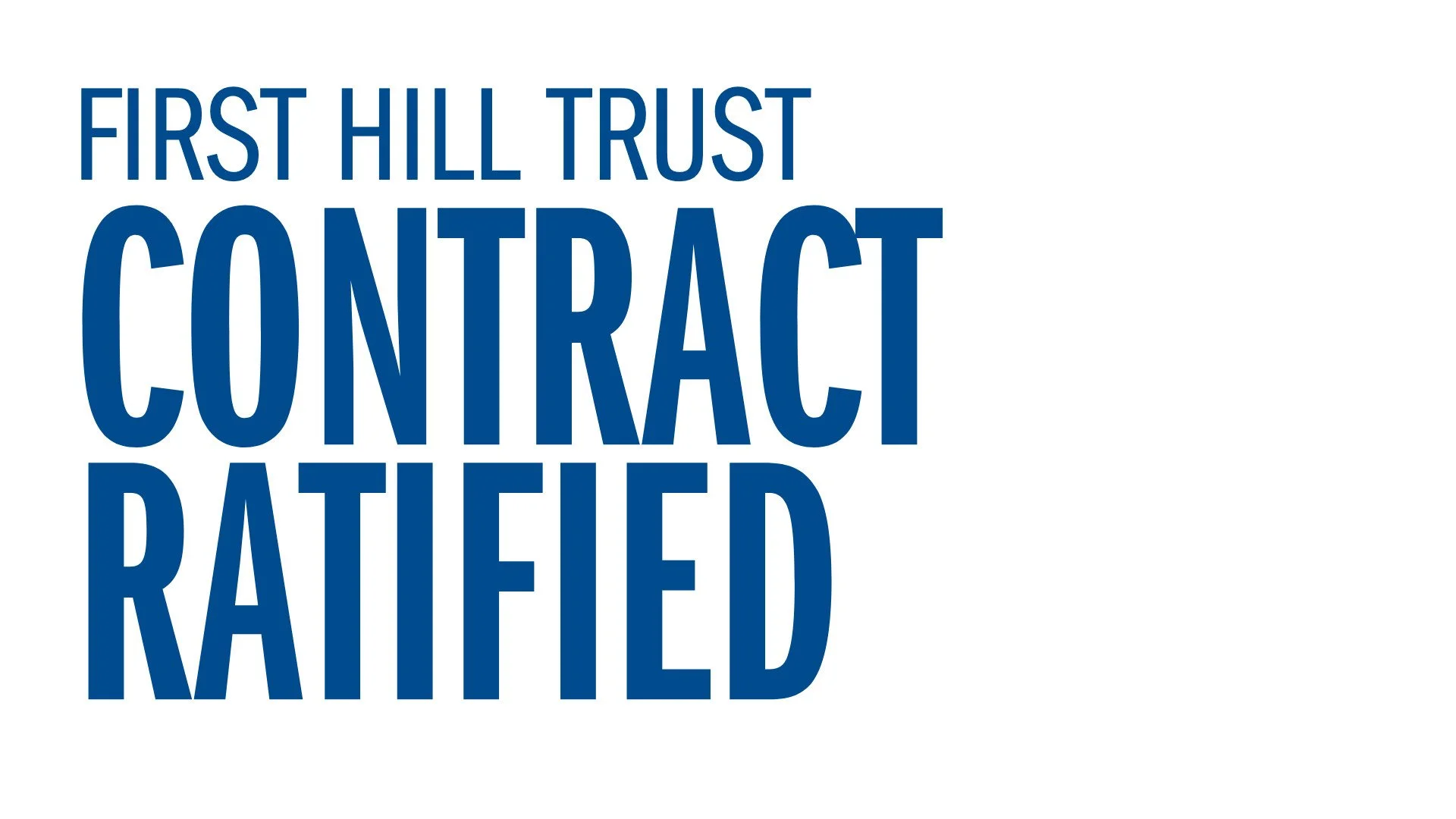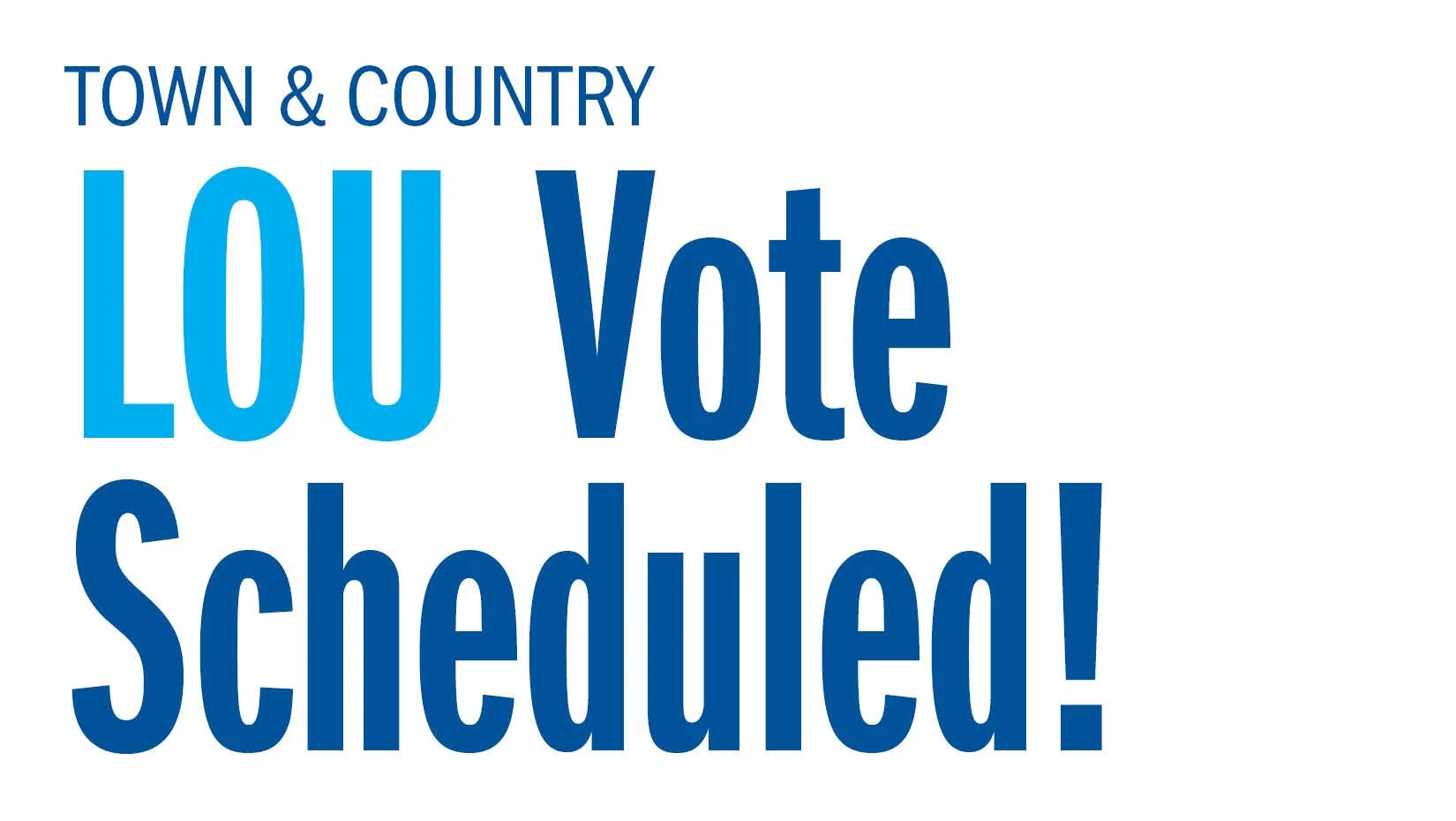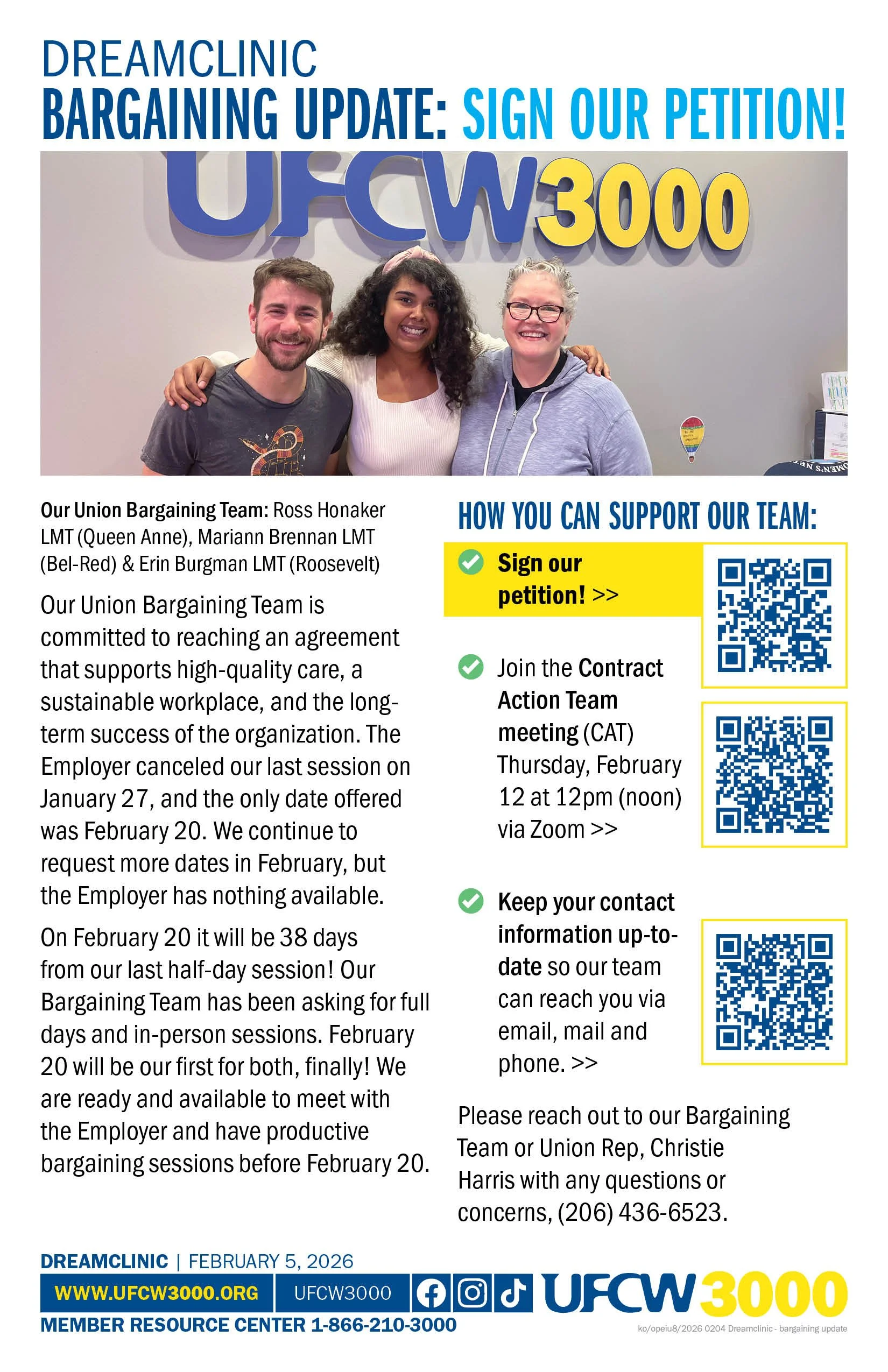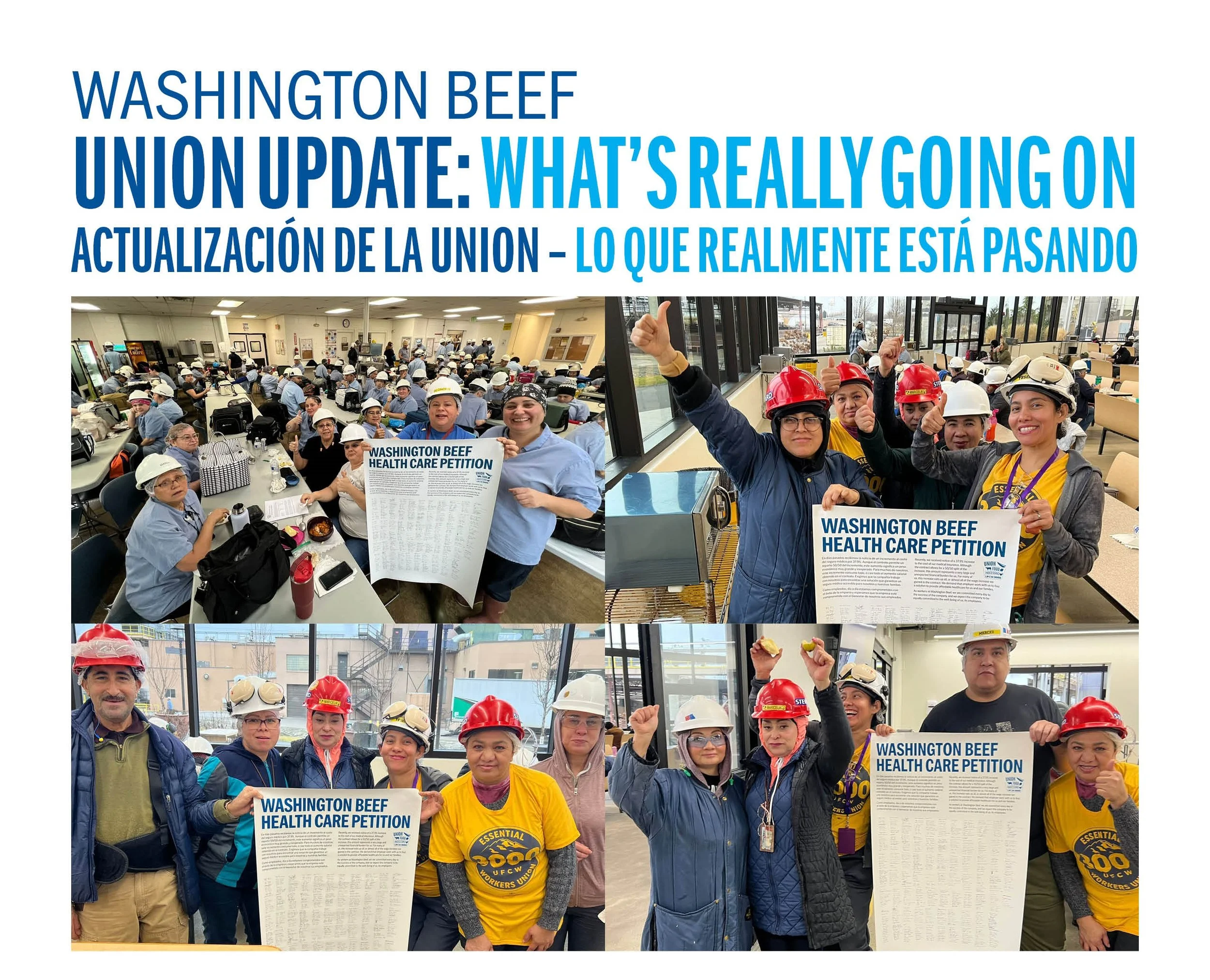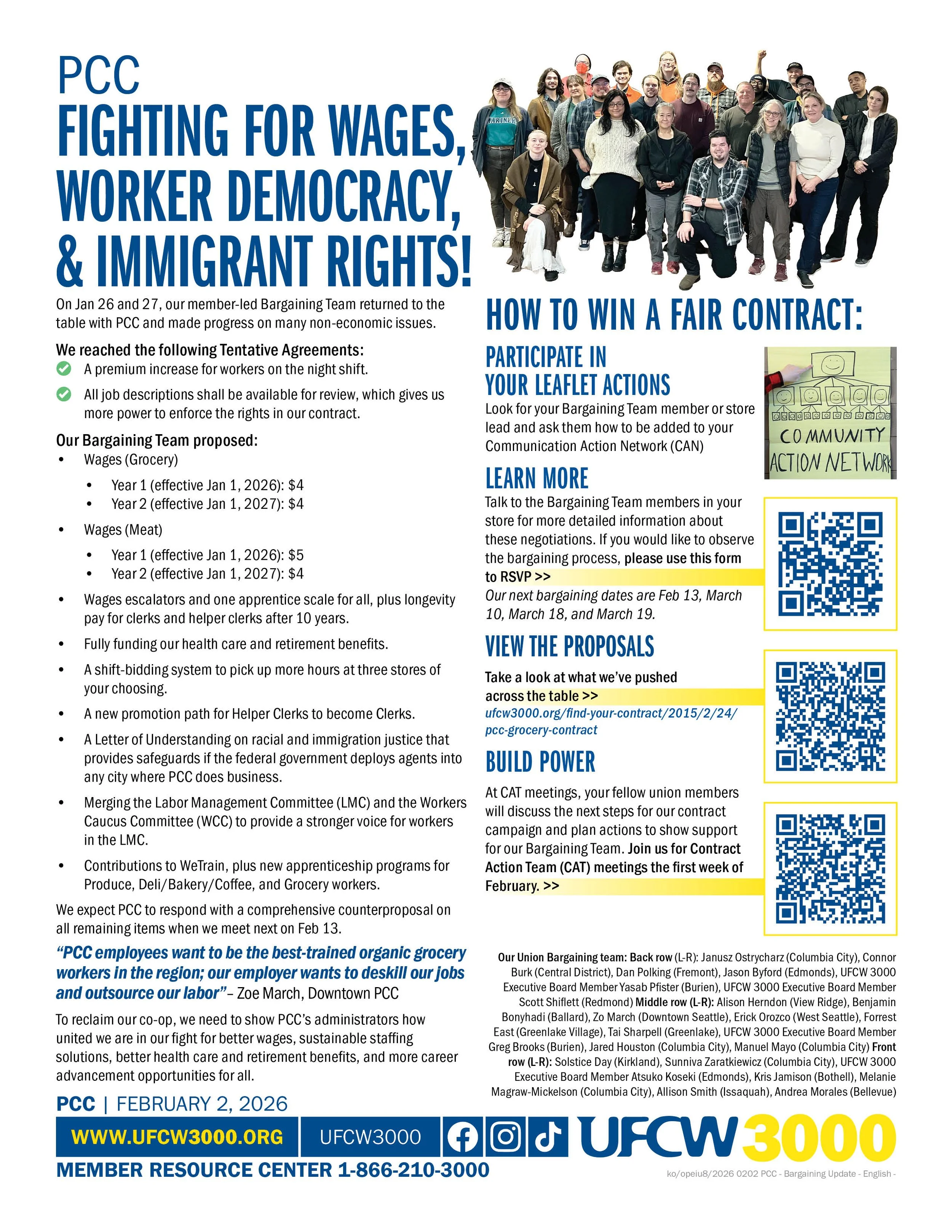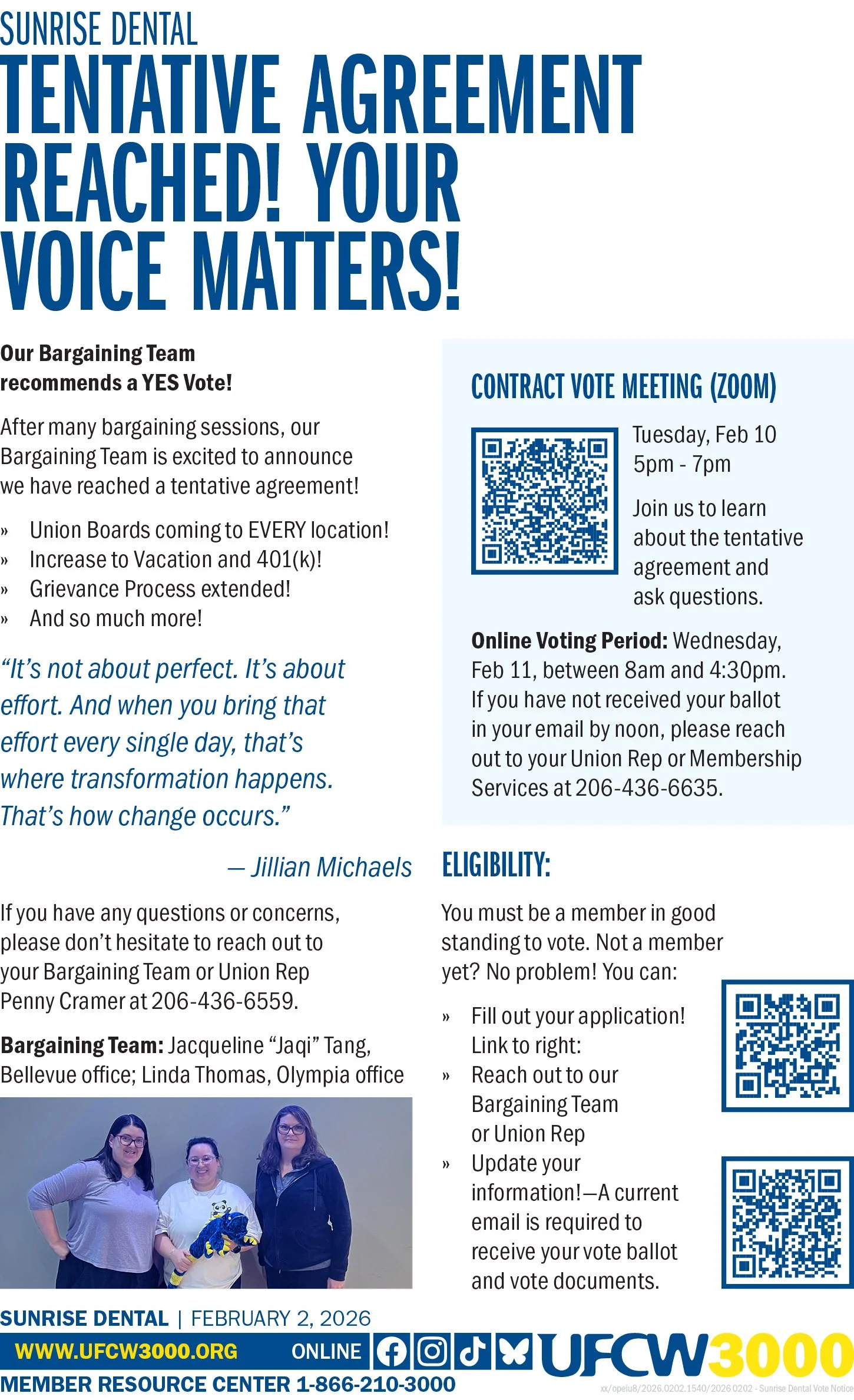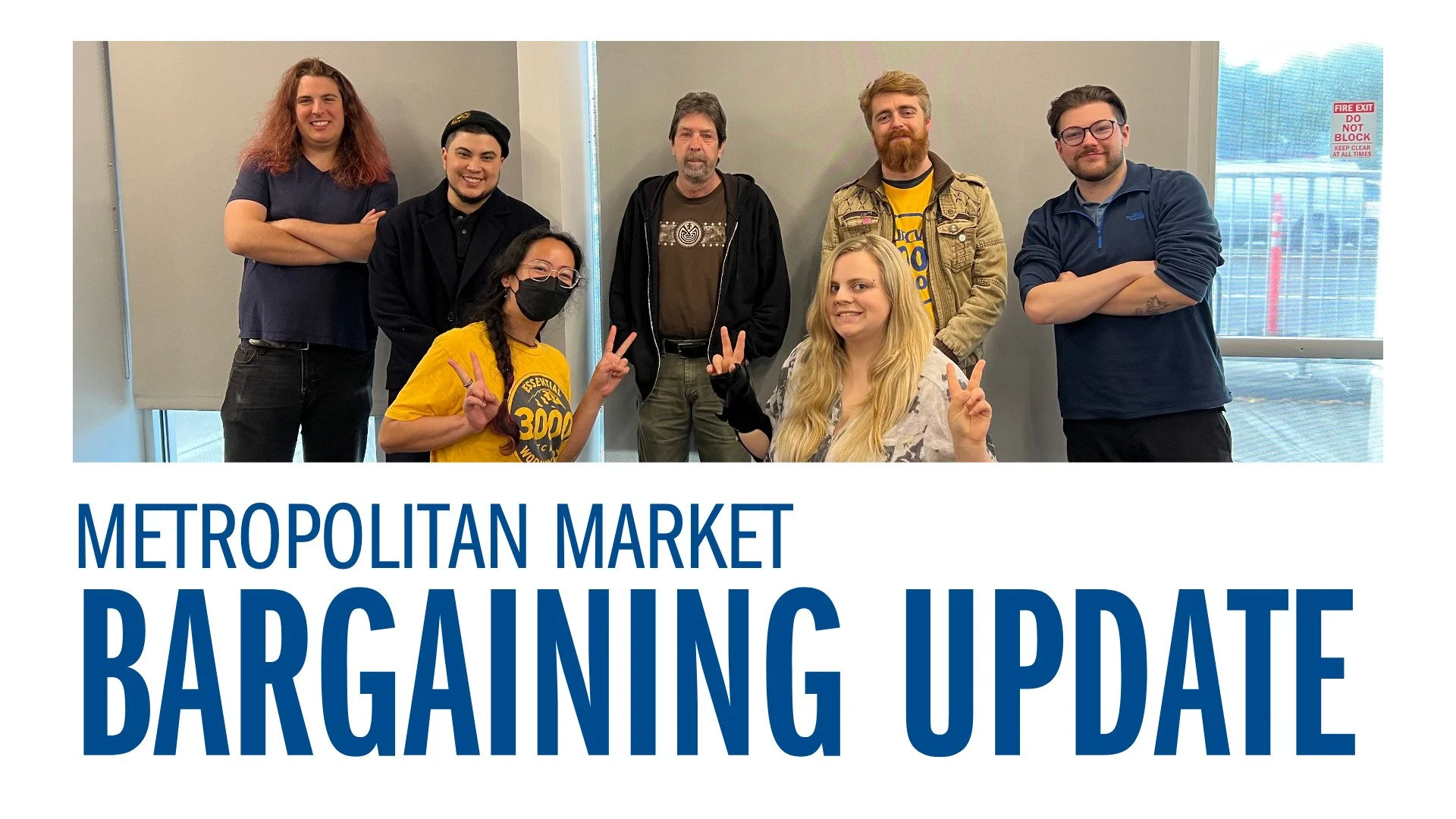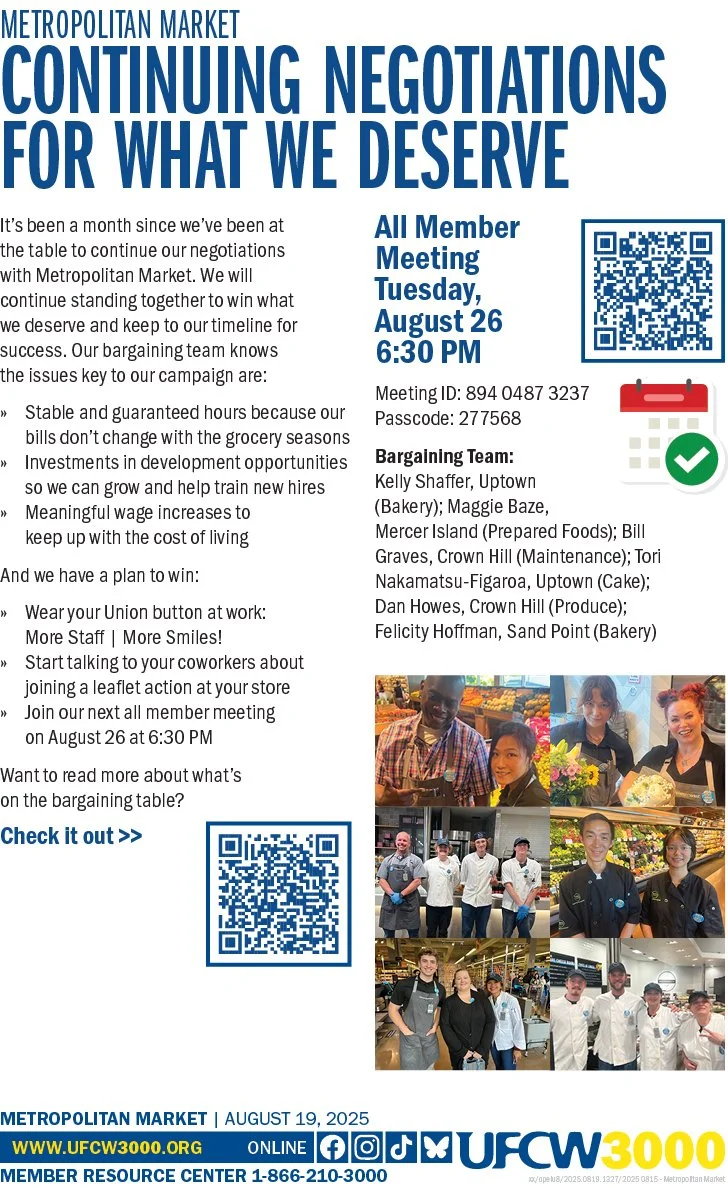Metropolitan Market Grocery and Meat New Contracts Ratified!
/On December 30, our new Metropolitan Market Grocery contract and Meat contract were ratified!
We're nearly a year away from being back at the bargaining table with Metropolitan Market to negotiate another contract—this time, our contracts are more aligned statewide, and we're organizing right now to fight and win even more in 2027!
Our New Key Contract Wins Include:
Guaranteed hours for all grocery workers
Highest-ever average annual wage increase for journeypersons: $2.70
Health care protected: Most funding ever secured ($0.55 per hour) to keep our strong, low-cost plan
Highest average annual increases in our history for FPC and apprentice step increases for both contracts
Real investment in training with a path for Metropolitan Market specific training programs
If you have any questions about your contract, please call your Union Rep or our member resource center at (866) 210-3000.


